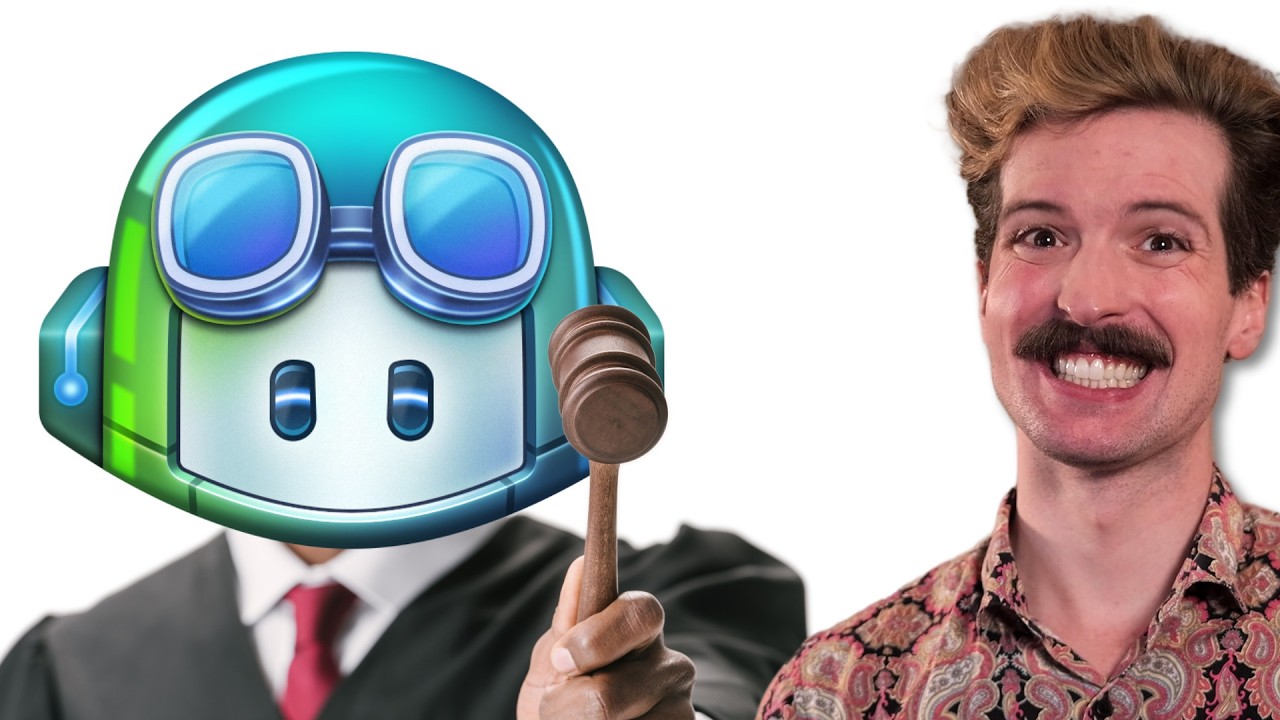The video discusses developers suing GitHub, Microsoft, and OpenAI over the Copilot tool, which uses AI to autocomplete code. The lawsuit involves claims of copyright violations, breach of contract, and open source license violations, with a California judge recently dismissing most claims except those related to open source license violation and breach of contract.
In the video, it is discussed how developers are suing GitHub, Microsoft, and OpenAI over the Copilot tool, which uses AI to autocomplete code. The concern arises from the vast amount of existing source code that the AI is trained on, potentially including code that requires credit to be given. This raises questions about the ownership and proper crediting of the code generated by the AI. The lawsuit against these companies includes claims of copyright violations, breach of contract, and open source license violations.
A California judge recently dismissed most of the claims in the lawsuit, leaving only two standing: one related to open source license violation and another alleging breach of contract. The complexity of open source licenses in court cases is highlighted, as the interpretation and enforcement of licenses such as the MIT and GPL remain untested. The lawsuit represents a significant challenge in the legal landscape, as there is little precedent for determining copyright issues related to AI-generated content.
The video delves into the implications of the court’s rulings, particularly in relation to the DMCA and copyright law. It is mentioned that the Copilot tool includes a duplication detection filter to prevent generating code that may violate copyrights. The filter aims to reduce the risk of potential legal action by identifying and suppressing code snippets that match public code found on GitHub. This proactive approach by GitHub demonstrates efforts to mitigate legal risks associated with AI-generated content.
The dismissal of certain claims in the lawsuit indicates that the court found the code allegedly copied by GitHub was not similar enough to the developers’ original work. The video also references a study suggesting that AI models can memorize and regurgitate parts of their training data, which could include copyrighted code. The ongoing litigation is expected to continue, focusing on claims related to breach of contract and open source license violations. The video concludes by highlighting the complexity and vagueness of DMCA regulations in relation to copyright infringement by AI technologies.
Overall, the video sheds light on the intricate legal challenges surrounding AI-generated content, copyright law, and open source licensing. The case involving GitHub, Microsoft, and OpenAI serves as a significant test for how courts interpret and apply copyright laws in the context of AI technologies. The nuances of ownership, proper crediting, and the potential for copyright violations in AI-generated code are central themes in the ongoing legal battle.
